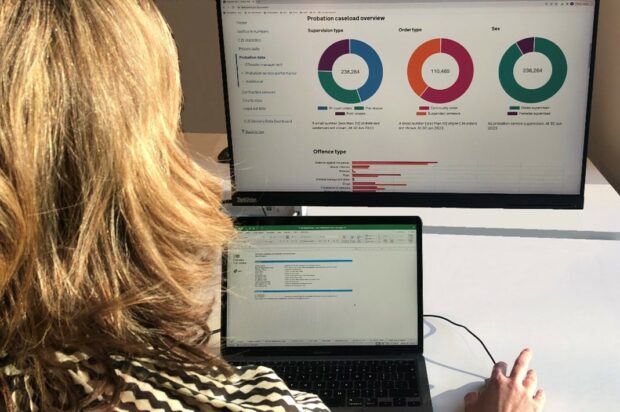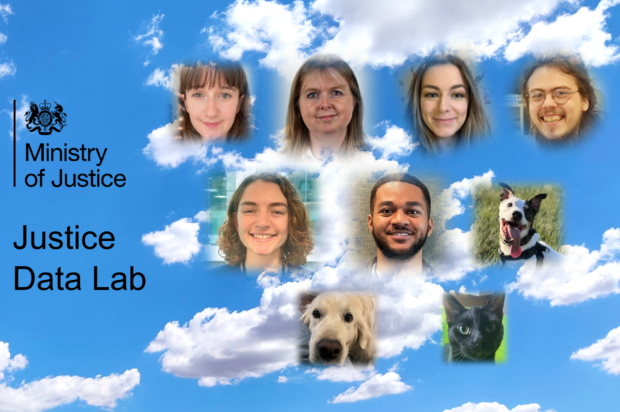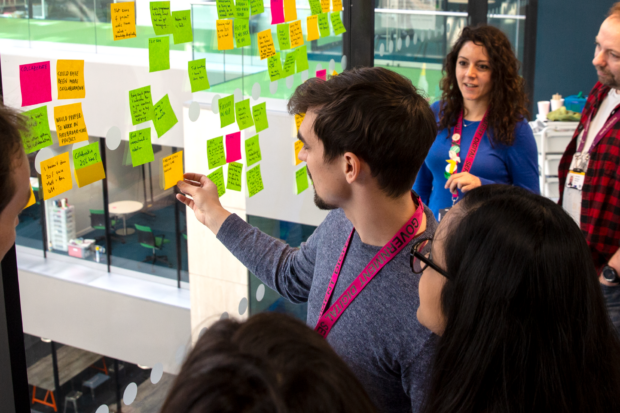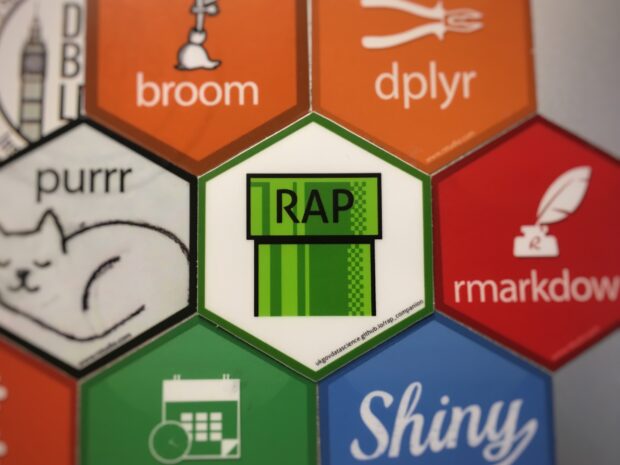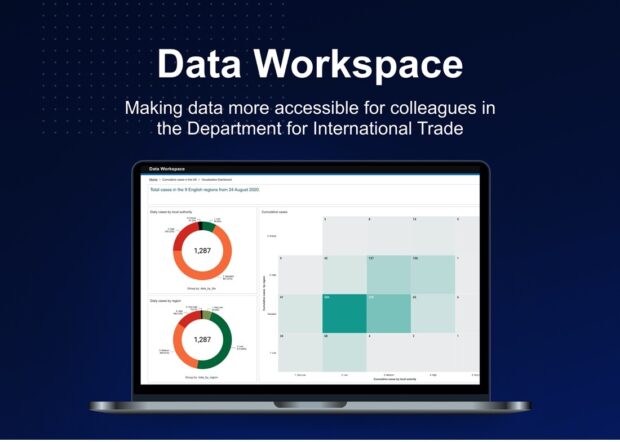One year of the Linguistic Data Subcommunity
One year of the Linguistic Data Subcommunity
Cross-government and cross-public sector working are increasingly important, with departments appreciating that colleagues are likely to be facing the same issues with the same solutions. This makes communities of practice and communities of interest such as the Data Science Community …

